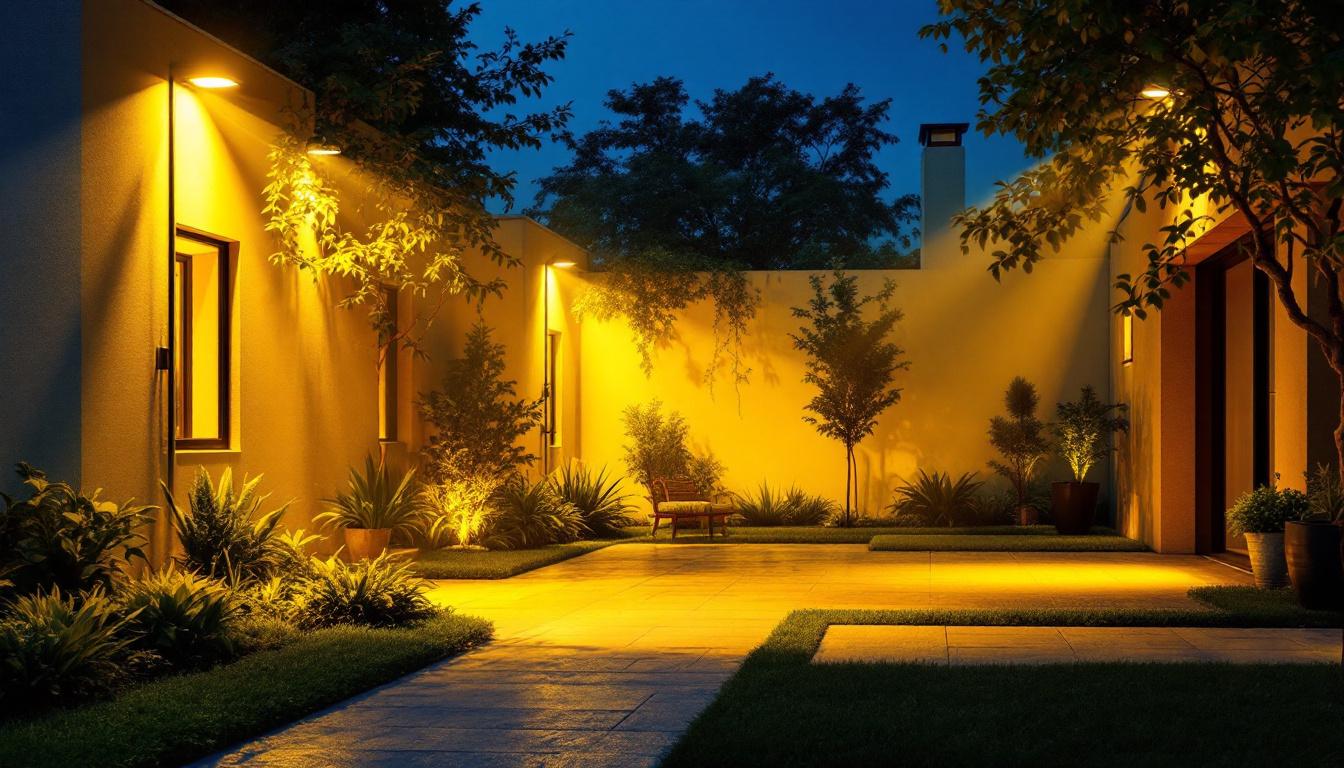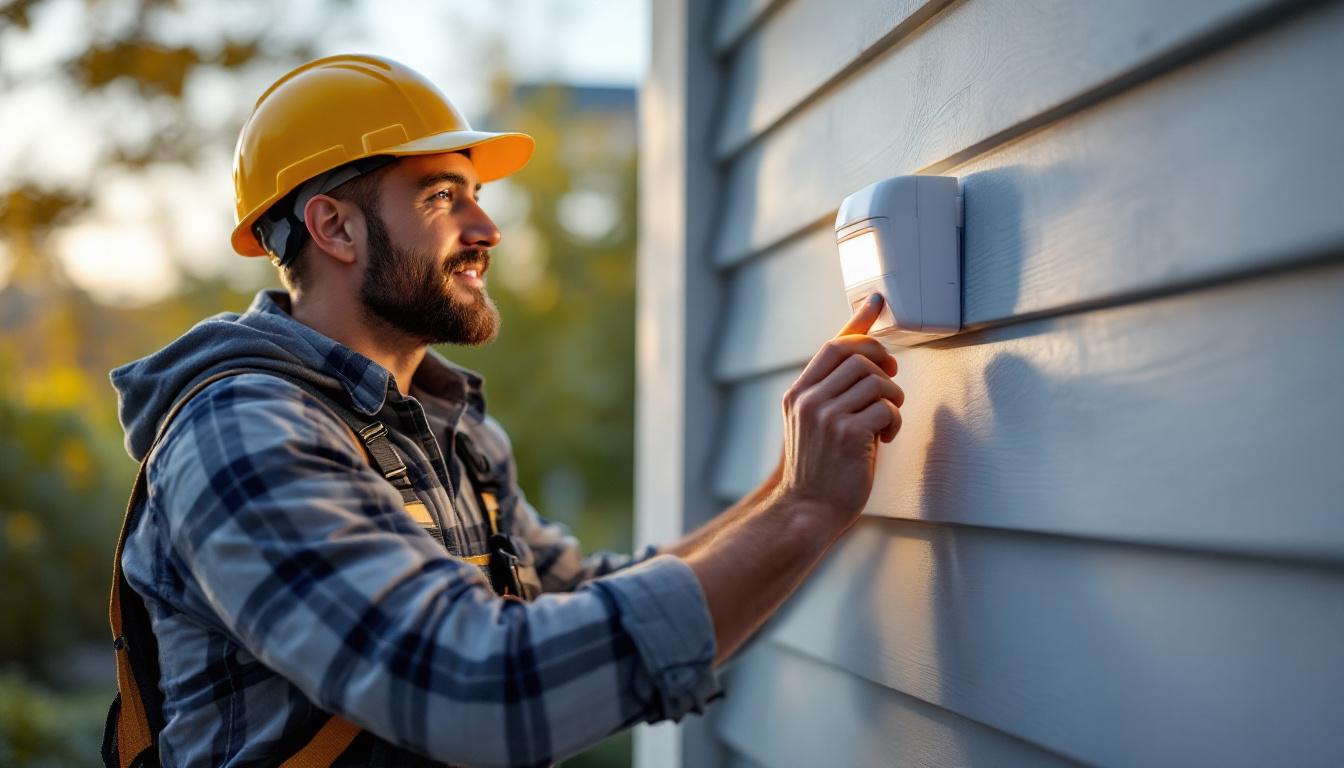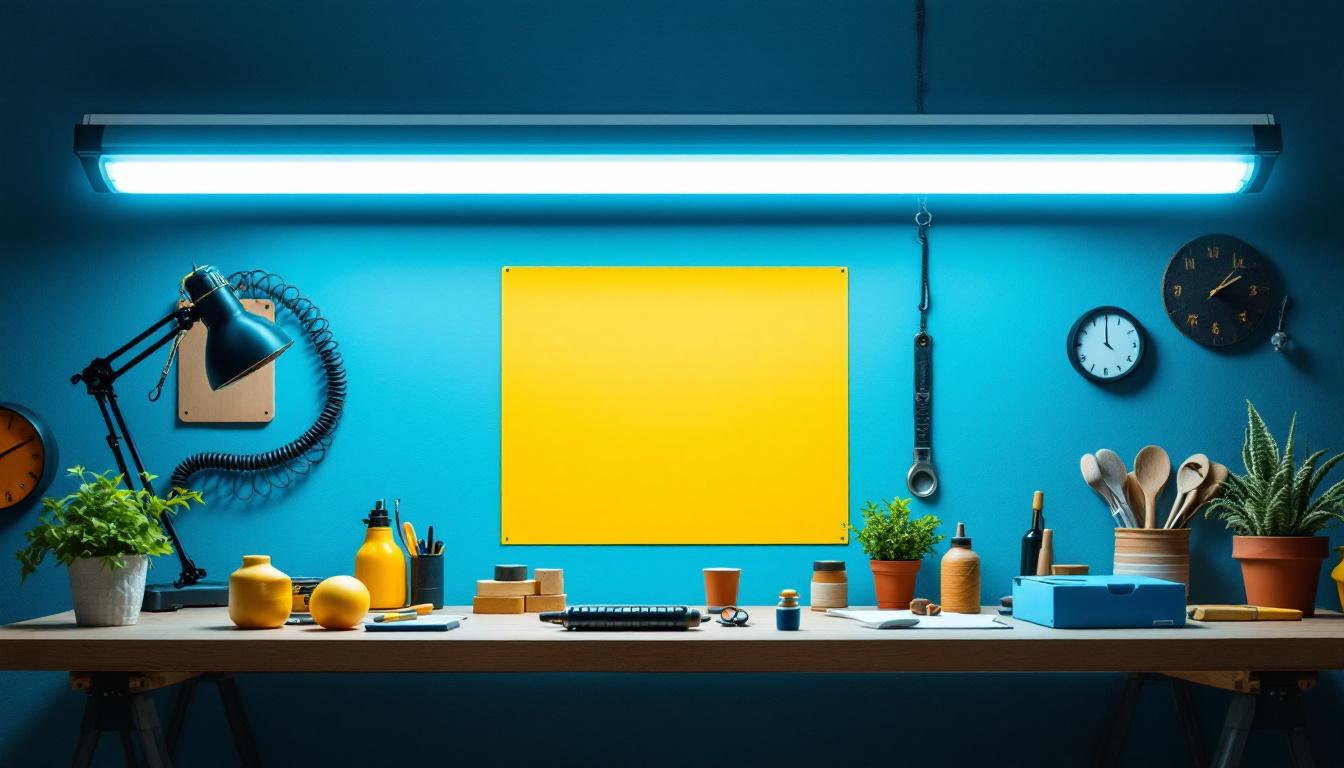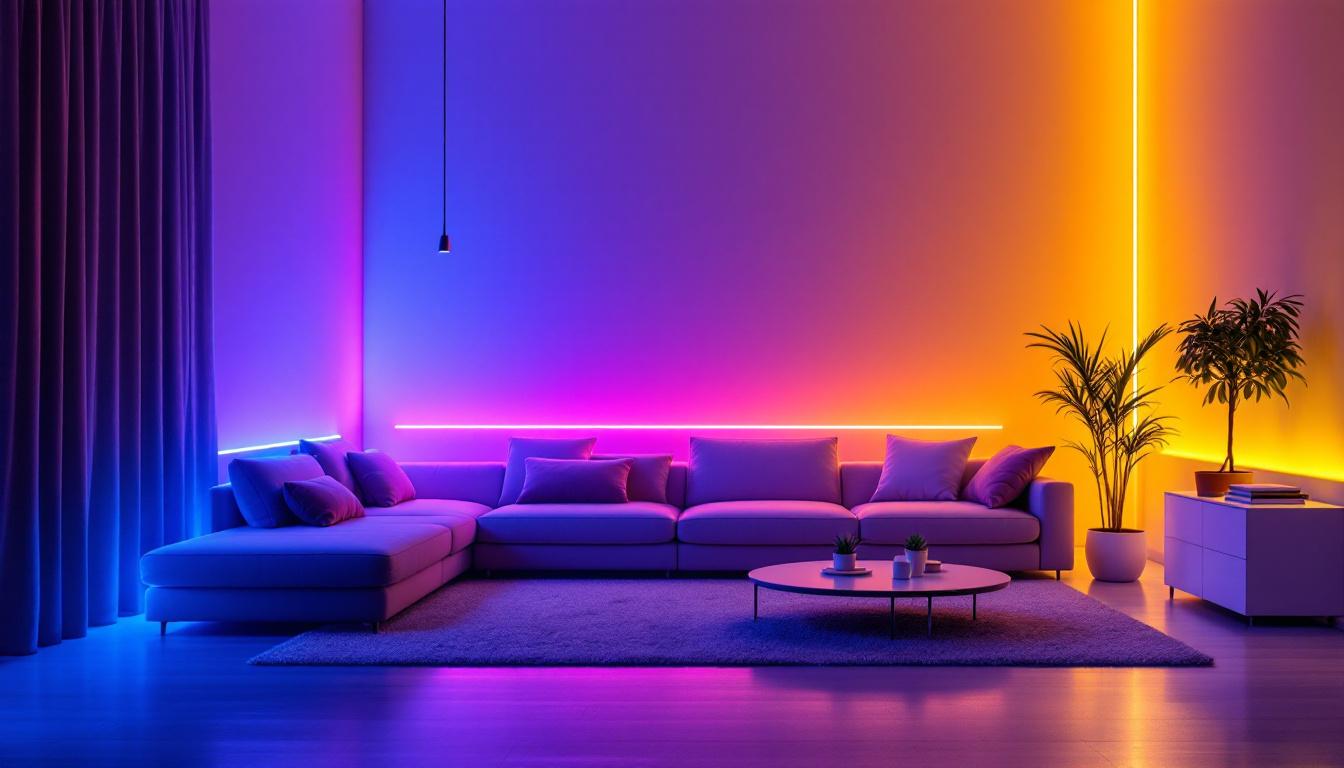
As the demand for sustainable and energy-efficient solutions continues to rise, solar-powered outdoor LED lights have become a popular choice for both residential and commercial projects. However, while these lighting systems offer numerous benefits, many lighting contractors often encounter pitfalls that can hinder their effectiveness. Understanding these common mistakes can lead to better installations, satisfied clients, and enhanced reputations in the industry.
One of the most significant misconceptions among lighting contractors is the efficiency of solar panels. Many assume that all solar panels are created equal, failing to recognize the differences in quality, materials, and technology. High-efficiency solar panels can generate more energy in less space, which is crucial for installations with limited sunlight exposure.
Contractors should conduct thorough research on the solar panels they plan to use. Understanding the efficiency ratings, degradation rates, and warranties can help in selecting the best products for specific applications. This knowledge not only improves performance but also enhances the overall value of the installation. For instance, monocrystalline panels typically offer higher efficiency and a longer lifespan compared to their polycrystalline counterparts, making them a more suitable choice for projects where space is at a premium. Furthermore, advancements in technology, such as bifacial solar panels, can capture sunlight on both sides, further increasing energy generation in certain environments.
Another common oversight is underestimating the importance of battery capacity. The battery is the heart of any solar-powered lighting system, storing energy generated during the day for use at night. Contractors often choose batteries based on initial cost rather than capacity and longevity.
It’s essential to select batteries that can handle the energy demands of the lighting fixtures being installed. A battery with insufficient capacity may lead to inadequate lighting during peak usage times, resulting in dissatisfied customers. Proper calculations and considerations regarding battery life and performance can prevent these issues. Additionally, understanding the different types of batteries available—such as lithium-ion, lead-acid, and gel batteries—can significantly impact the overall efficiency and reliability of the solar system. Lithium-ion batteries, for example, offer higher energy densities and longer cycle lives, making them ideal for applications where space and weight are critical factors. By investing time in selecting the right battery technology, contractors can ensure a more robust and dependable solar lighting solution that meets the needs of their clients effectively.
A thorough site assessment is crucial for the successful installation of solar-powered outdoor LED lights. Contractors sometimes overlook this step, leading to poor placement and inadequate lighting. Factors such as shading from trees or buildings, the orientation of the solar panels, and the overall layout of the area must be evaluated carefully.
By conducting a comprehensive site evaluation, contractors can identify potential obstacles and determine the optimal locations for solar lights. This proactive approach not only enhances the effectiveness of the lighting system but also ensures compliance with local regulations and standards.
Additionally, contractors should consider the specific needs of the area being illuminated. For example, high-traffic zones may require brighter lights or more units to ensure safety and visibility, while residential areas might benefit from softer lighting that enhances ambiance without being intrusive. Engaging with the community during the assessment phase can provide valuable insights into the preferences and concerns of local residents, leading to a more tailored and effective lighting solution.
Weather conditions play a significant role in the performance of solar-powered lighting systems. Contractors often fail to consider the local climate when designing their installations. For instance, areas with prolonged cloudy or rainy seasons may require more robust systems or additional solar panels to ensure adequate energy generation.
Understanding the local weather patterns can help contractors design systems that are resilient and reliable. This foresight can prevent issues related to insufficient power supply during adverse weather conditions, ultimately leading to happier clients.
Moreover, the impact of seasonal changes should not be underestimated. In regions that experience significant temperature fluctuations, contractors must select materials and components that can withstand these variations without compromising performance. For example, battery efficiency can decline in extreme cold, so using high-quality batteries designed for such conditions can enhance the longevity and reliability of the solar lighting system. By taking these factors into account, contractors can ensure that their installations remain effective year-round, providing consistent lighting regardless of the weather challenges faced.
Installation techniques significantly impact the performance of solar-powered outdoor LED lights. One common mistake is improper mounting and positioning of solar panels. Panels should be installed at an angle that maximizes sun exposure throughout the day. Failing to do so can lead to decreased energy generation and, consequently, insufficient lighting at night.
Contractors should ensure that solar panels are mounted securely and positioned to capture the most sunlight possible. This may involve adjusting the angle or relocating panels to avoid shading from nearby structures or vegetation. Additionally, it is essential to consider seasonal changes in sunlight; for instance, panels might need to be adjusted or installed with a tilt that accommodates both summer and winter sun paths. By taking these factors into account, contractors can enhance the efficiency of the solar panels, ensuring optimal performance year-round.
Wiring and connections are often overlooked during the installation process. Poorly connected wires can lead to energy loss and system failures. Contractors must ensure that all connections are secure, weatherproof, and appropriately rated for outdoor use.
Additionally, using the right gauge of wire for the distance between the solar panel and the LED lights is crucial. Undersized wires can lead to voltage drops, affecting the performance of the lighting system. Taking the time to double-check wiring and connections can save contractors from future headaches and costly repairs. Furthermore, it’s advisable to use connectors that are specifically designed for outdoor applications, as these can provide added durability against environmental factors such as moisture and temperature fluctuations. Regular maintenance checks on these connections can also help identify potential issues before they escalate, ensuring the longevity and reliability of the solar lighting system.
While the focus often lies on solar panels and batteries, the quality of the LED fixtures themselves should not be neglected. Contractors sometimes opt for cheaper LED lights to cut costs, which can result in poor performance and shorter lifespans. High-quality LED fixtures are designed to withstand outdoor conditions and provide consistent illumination over time.
Investing in reliable LED products can enhance the overall quality of the installation and reduce the likelihood of callbacks for repairs or replacements. Contractors should prioritize quality over cost when selecting fixtures for their projects.
Another common mistake is not considering light distribution when selecting fixtures. Different LED lights have varying beam angles, which can significantly affect how light is spread across an area. Contractors must assess the specific lighting needs of the project and choose fixtures that provide adequate coverage.
For instance, a narrow beam angle may be suitable for highlighting pathways, while broader angles are better for illuminating larger areas. Understanding the intended use of the lighting can guide contractors in making informed decisions about fixture selection.
Solar-powered outdoor LED lights require minimal maintenance, but neglecting this aspect can lead to performance issues over time. Contractors often fail to inform clients about the importance of regular maintenance, such as cleaning solar panels and checking battery health.
Providing clients with a maintenance plan or schedule can ensure that their lighting systems operate efficiently for years to come. This proactive approach not only enhances customer satisfaction but also reflects positively on the contractor’s professionalism and expertise.
After installation, ongoing support is crucial for maintaining client relationships. Contractors sometimes overlook the importance of providing adequate customer support, which can lead to dissatisfaction if clients encounter issues with their lighting systems.
Establishing a clear line of communication for troubleshooting and support can enhance the overall customer experience. Contractors should be prepared to address questions or concerns promptly, reinforcing their commitment to quality service.
Compliance with local regulations and codes is essential for any lighting installation, yet many contractors overlook this aspect when working with solar-powered systems. Local authorities may have specific requirements for solar installations, including permits and inspections.
Failure to adhere to these regulations can result in fines, project delays, or even the need to remove installed systems. Contractors should familiarize themselves with local laws and ensure that their installations comply with all necessary regulations to avoid potential complications.
In addition to local regulations, contractors should also be aware of energy efficiency standards that may apply to solar-powered lighting systems. These standards can dictate the types of products that can be used and the energy performance requirements that must be met.
By staying informed about energy efficiency standards, contractors can ensure that their installations not only comply with regulations but also contribute to the overall sustainability goals of their clients.
Solar-powered outdoor LED lights present a valuable opportunity for lighting contractors to offer sustainable and efficient solutions to their clients. However, avoiding common mistakes is crucial for ensuring successful installations and satisfied customers. By understanding solar technology, conducting thorough site assessments, employing proper installation techniques, selecting quality products, and providing ongoing support, contractors can enhance their reputation and deliver exceptional results.
Ultimately, the key to success lies in continuous learning and adaptation. As the solar industry evolves, staying informed about new technologies and best practices will empower contractors to navigate challenges and seize opportunities in the growing market for solar-powered lighting solutions.
Ready to avoid common pitfalls and elevate your solar-powered outdoor LED lighting installations? At LumenWholesale, we provide lighting contractors with the highest quality, spec-grade lighting products at unbeatable wholesale prices. Our extensive selection is designed to meet the most rigorous industry standards, ensuring you deliver reliable and high-performance lighting solutions to your clients. With free shipping on bulk orders, you can trust LumenWholesale to supply premium lighting at the best value, without any hidden fees. Make your next project shine brighter by choosing the perfect blend of quality, affordability, and convenience. Wholesale Lighting at the Best Value is just a click away.

Explore the science behind exterior flood light fixtures and discover essential insights for lighting contractors.

Discover the must-know features and benefits of outdoor motion detector light switches for lighting contractors.

Discover the benefits of using 8 ft fluorescent lights in your lighting installation projects.

Discover essential insights into high-quality LED strip lights with our comprehensive guide tailored for lighting contractors.